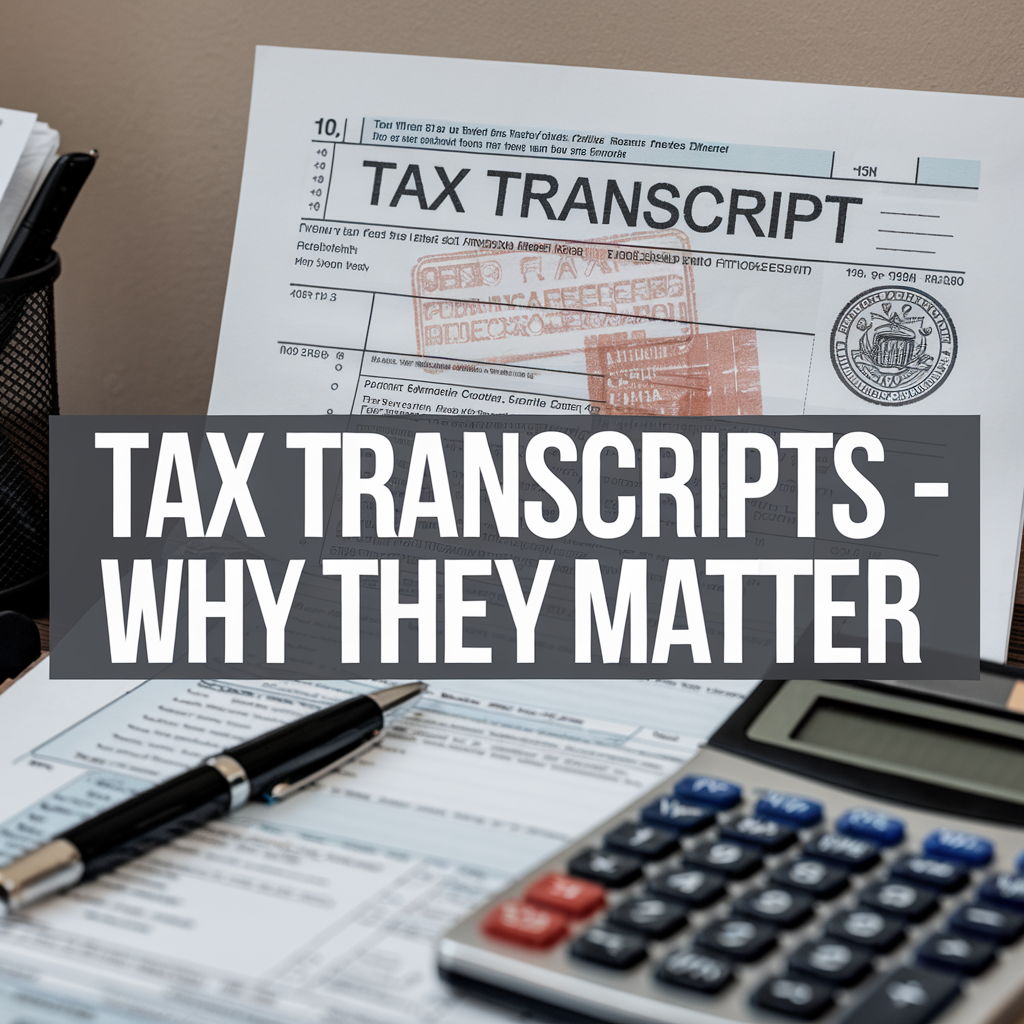Beware of Optima Tax Relief’s Bait-and-Switch Reputation: What Consumers Should Know

Disclaimer:
This article is for informational purposes only and reflects publicly available consumer reviews, complaints, and the author’s professional opinion based on patterns commonly seen in the tax resolution industry. It is not intended to defame, accuse, or misrepresent any individual or organization. Optima Tax Relief has not been convicted of wrongdoing, and readers are encouraged to conduct their own due diligence.
📢 Short Answer:
Many consumers have reported that Optima Tax Relief uses a sales-driven “bait and switch” strategy—advertising tax debt settlement, then charging high fees only to offer basic services. Always consult a licensed tax professional before signing up.
When you're struggling with IRS debt, it's easy to feel overwhelmed, scared, and desperate for a solution. Companies like Optima Tax Relief are highly visible—advertising on TV, radio, and online with promises to reduce your tax debt and stop IRS collection efforts. Many people turn to them hoping for real relief.
But if you search through Better Business Bureau complaints, online reviews, and tax forums, a concerning pattern begins to emerge: numerous clients allege that Optima’s sales-driven process left them with thousands of dollars in fees, no resolution, and a deep sense of regret.
Let’s take a look at what these clients are saying, how to spot red flags, and what to look for in a legitimate tax resolution provider.
What People Are Saying About Optima Tax Relief
Across consumer review platforms like the BBB, Trustpilot, and Reddit’s personal finance community, many clients have raised concerns about:
- Large up-front fees ($495–$1,295 or more) for an initial “investigation phase”
- Being told after the fact that they don’t qualify for settlement programs like an Offer in Compromise (OIC)
- Unexpected upselling of a second, more expensive service phase costing $2,000–$5,000
- Poor communication or delays in IRS correspondence handling
- Being left to deal with the IRS on their own after paying significant fees
Again, these complaints represent a segment of experiences and should not be interpreted as universal. Some clients do report satisfaction, but others feel they were led to believe one thing and delivered something entirely different.
Understanding the "Bait and Switch" Accusation
Many dissatisfied clients feel Optima employed a classic “bait and switch” model:
- The bait: Promising to “settle your tax debt for less than you owe” through an Offer in Compromise.
- The switch: After an expensive Phase 1 investigation, you're informed you don’t qualify for settlement—but are offered to move into Phase 2 (for another fee) to negotiate a payment plan.
To be clear, this is not illegal if disclosed properly, but consumers often say they were unaware of the full scope of costs, limitations, or what would happen if they didn’t qualify for a settlement.
What to Watch Out for When Choosing a Tax Relief Company
Here are red flags that many reviewers reported when working with Optima or other large tax relief firms:
- Sales-driven intake processes where you’re speaking to a representative, not a licensed expert
- High up-front fees with unclear deliverables
- Promises of “settling for less” before a proper review is conducted
- Poor follow-up or delayed IRS responses
- Little to no refund policies if you’re unhappy with results
🧠 What’s the Difference Between a Legitimate Phase 1 Analysis and a Sales Tactic?
Not all “Phase 1” services are created equal. Many reputable tax professionals, including licensed CPAs and Enrolled Agents, charge a fee for an initial analysis — and that’s completely appropriate when it’s done transparently and professionally.
Here’s how a legitimate Phase 1 differs from the kind of process many complain about with large national tax relief companies:
| Licensed Tax Professional (e.g., Boulanger CPA) | High-Volume Tax Relief Firm (as reported) | |
|---|---|---|
| Who You Speak With | A licensed CPA, EA, or Attorney | A salesperson or intake agent |
| Purpose of Phase 1 | To review IRS transcripts, financials, and compliance in detail | To get you to commit to the next (more expensive) service phase |
| Upfront Promises | No promises until analysis is complete | "You may qualify to settle for less!" |
| Deliverables | Strategic assessment and real eligibility answers | Often unclear or not provided in writing |
| Next Steps | Tailored plan based on actual qualifications | Pressure to sign up for Phase 2 |
💡 Pro Tip: If someone promises they can settle your tax debt for less before reviewing your financials or IRS transcripts — that’s a red flag.
Who Qualifies for an Offer in Compromise?
The IRS only approves an Offer in Compromise (OIC) in limited cases where a taxpayer:
- Has little to no disposable income
- Possesses limited assets
- Cannot pay their tax debt in full before the collection statute expires
According to the IRS Data Book, only about 36% of submitted OICs are approved each year. That means the vast majority of applicants are rejected.
A trained CPA or Enrolled Agent can typically evaluate your eligibility during an initial consultation—without charging you thousands of dollars just to tell you "no."
What You Can Do Instead
If you’re facing IRS problems, here’s how to get honest, transparent, and effective help:
✅ Work With a Local, Licensed Expert
A Certified Public Accountant (CPA), Enrolled Agent (EA), or Tax Attorney will be able to:
- Explain your IRS options (OIC, Installment Agreement, CNC status)
- Evaluate your eligibility before charging thousands of dollars
- Communicate with the IRS directly on your behalf
- Give you a clear, realistic plan of action
✅ Ask the Right Questions Before Hiring
- Am I speaking to someone licensed?
- What specific experience do you have with my type of case?
- What happens if I don’t qualify for a settlement?
- What is your refund or cancellation policy?
- Can I see reviews from real clients?
✅ Get a Second Opinion
If you’ve already paid another company but feel unsure about their advice or lack of progress, consult a local professional. You might still have options to protect yourself or file a complaint if you feel misled.
Final Thoughts: Choose Carefully—It’s Your Financial Future
Tax resolution is a serious matter that affects your income, your assets, and your peace of mind. While companies like Optima Tax Relief are well known and highly advertised, visibility is not a substitute for credibility or personal attention.
Before you commit to any tax relief program, make sure you’re getting clear, direct answers from a licensed expert who puts your interests—not their sales quotas—first.
Honest Tax Help in Orange County, CA
At Boulanger CPA and Consulting PC, we work directly with individuals and businesses to resolve IRS and California tax issues. When you work with us, you’ll receive:
- A licensed CPA as your direct point of contact
- Straight answers, no high-pressure sales
- Transparent pricing and realistic outcomes
📍 Visit:
www.orangecounty.cpa
📞 Call:
(657) 218-5700
📧 Email:
marc@boulangercpa.com
If you’ve already worked with a national firm and aren’t satisfied with the results, let’s review your case together. We may be able to help.
❓ Frequently Asked Questions About Optima Tax Relief
Is Optima Tax Relief a legitimate company?
Yes, Optima is a legitimate tax resolution company. However, many consumers have reported issues with high fees, unmet expectations, and poor communication. Research and licensed guidance are critical.
What is the Optima Tax Relief Phase 1 fee?
According to public reviews, Optima typically charges $495–$1,295 for their initial “investigation phase,” followed by additional costs for full resolution work.
Is Optima Tax Relief a scam?
While Optima is not legally classified as a scam, many clients feel they were misled or sold services they did not need or benefit from. Results vary significantly.
What should I look for in a trustworthy tax relief provider?
Work with a licensed CPA, EA, or tax attorney who offers a clear process, upfront pricing, and does not promise results before reviewing your financial situation.














